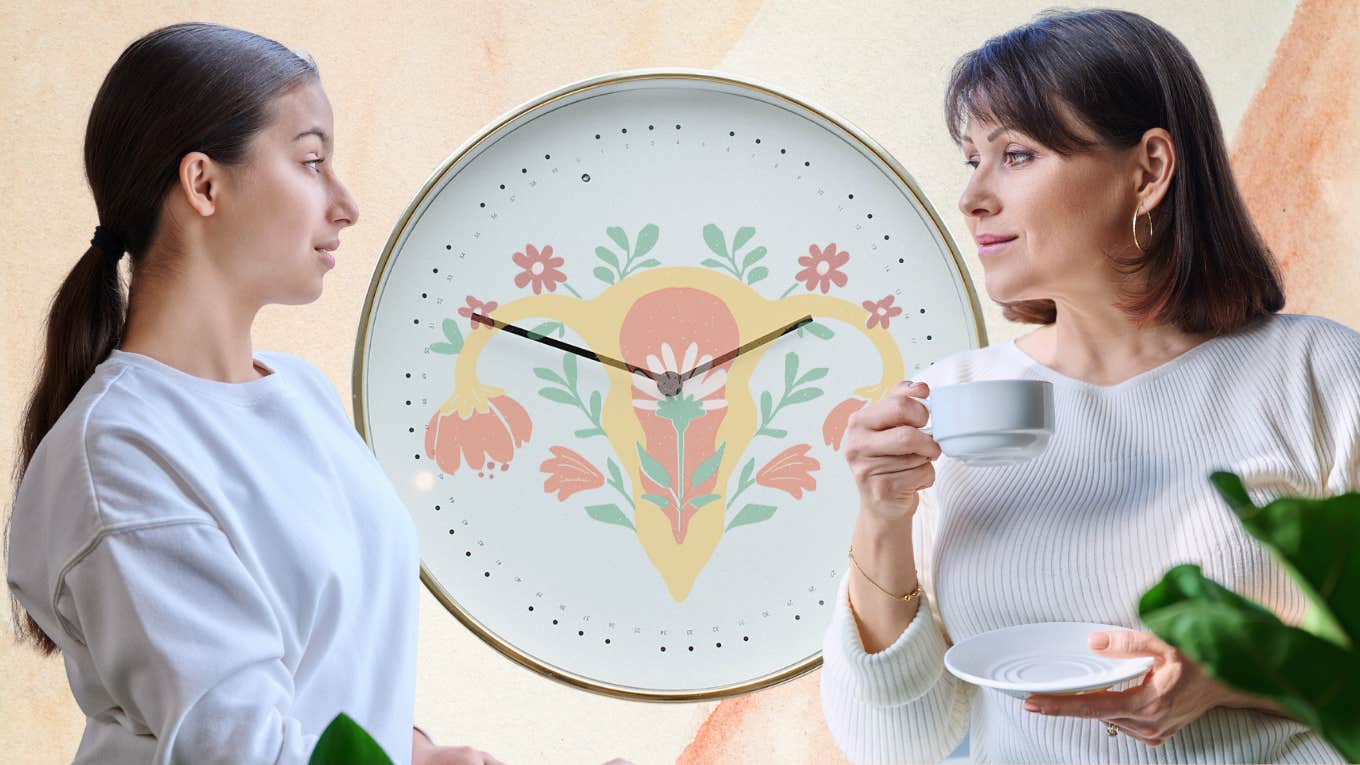The Exact Right Time To Get Married (If You're Unsure)
We are all individuals with different timelines and priorities.
 Anna Nekrashevich, Valeriy_G, Veii Rehanne Martinez | Canva
Anna Nekrashevich, Valeriy_G, Veii Rehanne Martinez | Canva Social standards try to dictate there is only a tiny window for a woman to marry that's considered the "right time."
So, younger women in their 20s feel pressured by parents and friends to focus on education and careers first. The idea is to establish yourself in the world before getting married and being "distracted" by love.
On the other hand, a woman of 35 suddenly wakes up to hear her biological clock ticking and feels pressure to find a spouse (and fast!). As her eggs age minute-by-minute, friends and family mention the shrinking potential for achieving marital bliss at her "advanced age."
Here's how to know when it's the 'right time' to get married and how to know for sure:
1. Social standards will not tell you.
If the consensus is that a woman should stay single in her 20s yet marry AND have children by her mid-30s, that is a small five-year time frame.
As a dating coach for women, I consider this "social wisdom" a sorry state and the wrong way to approach finding the right romantic partner.
To adhere to these social standards, women in their 20s often toss away suitable matches because they are not ready to settle down. Then, as they approach their 30s, the stress of finding a partner in a hurry gives rise to complaints about a lack of "good men." This lament grows ever louder as women approach 40 and beyond.
Lori Gottlieb, author of Marry Him: The Case for Settling for Mr. Good Enough, admits to having lived through this herself. A few great guys got kicked to the curb with her thinking she could find many great men. She believed she had plenty of time.
2. Needlessly keeping yourself single doesn't help.
But panic set in as she neared 40, and she decided to have a baby on her own rather than miss out on her fertility.
I've read Lori's book, and she isn't encouraging women to settle. Instead, she suggests women recognize the qualities of a good partner and consider a wider range of options. She also bares her soul regarding the false assumptions that sadly kept her single.
From discounting men because she had plenty of time to feeling most men weren't good enough, Lori kept herself single for two and a half decades. She finally got serious, hired a dating coach, and fell in love.
So, when is the right time for a woman to get married? The answer? When she finds the right person!
3. You know when you find them.
The best thing you can do when looking for love is honoring a great match when you're lucky enough to find one. According to the US census, the average age a woman gets hitched is 26, and 28 for men, at least in 2012. Whether you are younger or older is not what matters; that is just statistical data.
What does matter in regards to your decision to marry and the timing? Here's a checklist to reflect on.
4. Consider marriage if you answer yes to all these questions.
Do you love each other?
Do you respect each other?
Do you have fun together?
Do they treat you well?
Do you have similar values?
Do you want the same things out of life?
Are you compatible together?
These questions are a great start for determining if you have found the romantic partner you want to spend your life with. As a single woman, you have other considerations as well.
So, don't toss a good person aside simply because of timing. When you find the right one who makes your heart melt, treats you well, and is there for you, go for it!
Ronnie Ann Ryan is an Intuitive Coach, Past Life Reader, and author of six books. She’s the creator of the free audio course How to Ask the Universe for a Sign and Get an Answer Within 24 Hours. She's been published on ABC, BBC, and NPR.
